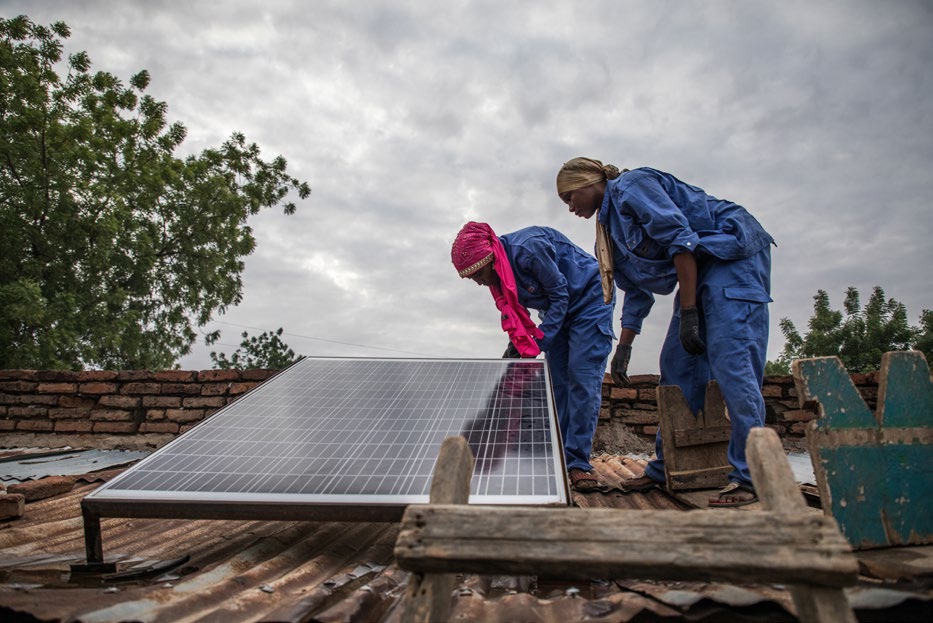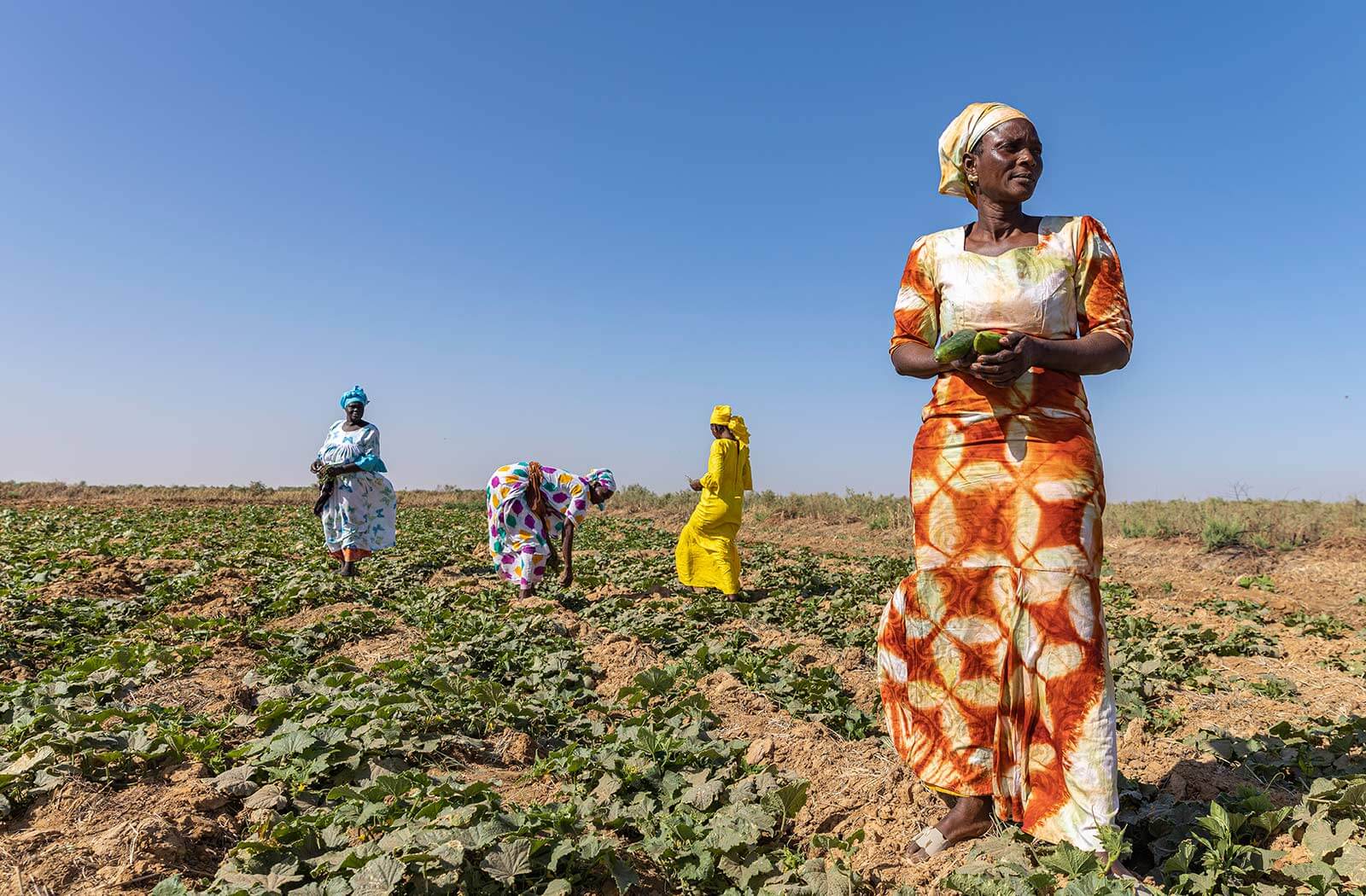

UNISS
The United Nations Integrated Strategy for the Sahel
UNISS was developed in 2013 based on Security Council resolution 2056 in response to the Malian crisis. In 2017, the Strategy was reviewed and recalibrated in order to better respond to the changing needs and priorities of the populations and governments of the Sahel, and to bring greater coherence, coordination and efficiency to the collective response to crises. In 2018 the implementation of the strategy was given greater effect through the operationalization of the UN Sahel Support Plan (UNSP) – an instrument aimed at promoting coherence and coordination for greater efficiency and the achievement of results within the framework of the UNISS.
The UNISS is built around three broad areas of support; Governance, Resilience and Security, formulated as strategic goals and organized according to key themes.
The UNSP provided more impetus on UN collective actions around six strategic priority areas: cross-border cooperation; prevention and sustaining peace; economic revitalization and inclusive growth; climate action; renewable energy; women and youth empowerment. These priorities which are implemented through crisis prevention and resilience lenses are at the center of addressing the root causes including the human insecurity and development challenges in the region, paving ways for robust partnership and investment towards achieving the UN Sustainable Development Goals (SDGs) and the Africa Union’s Agenda 2063.
OUR MISSION
UNISS has an overall mission to achieve the specific goals of the Strategy, the UNSP for the Sahel and Agenda 2030, collectively as one UN.
This is being done through a strong coordination mechanism led by the UNISS Implementation Support Unit together with all pillar groups including UNOWAS in collaboration with over 20 Agencies, Funds and Programmes with strong emphasis on tackling issues around humanitarian-development-peace ensuring that development support efficiently reaches out to the populations in need across the region


OUR OBJECTIVE
The overall objectives of UNISS is to tackle the structural problems of the Sahel that make the region vulnerable to conflicts, such as poverty, underdevelopment and governance challenges.
The strategy also aims at promoting an integrated and regional approach to the activities of the United Nations system and key actors in the Sahel, to tackle the problems and bring greater coherence to broader international interventions in the Sahel.
The strategic goals are aimed at supporting and strengthening continuing initiatives and addressing previously identified gaps while the specific objectives and indicative actions are proposed to achieve these goals. The three areas of support are complementary and form an integrated response to the Sahel crisis. In particular, the approach is premised on the integration of humanitarian and development interventions, ensuring that lifesaving activities meet immediate needs while building the resilience of people and communities as part of a long-term development agenda. Three strategic working groups have therefore been set up to achieve the objectives of the Strategy; Governance Pillar, Resilience Pillar and Security Pillar.

